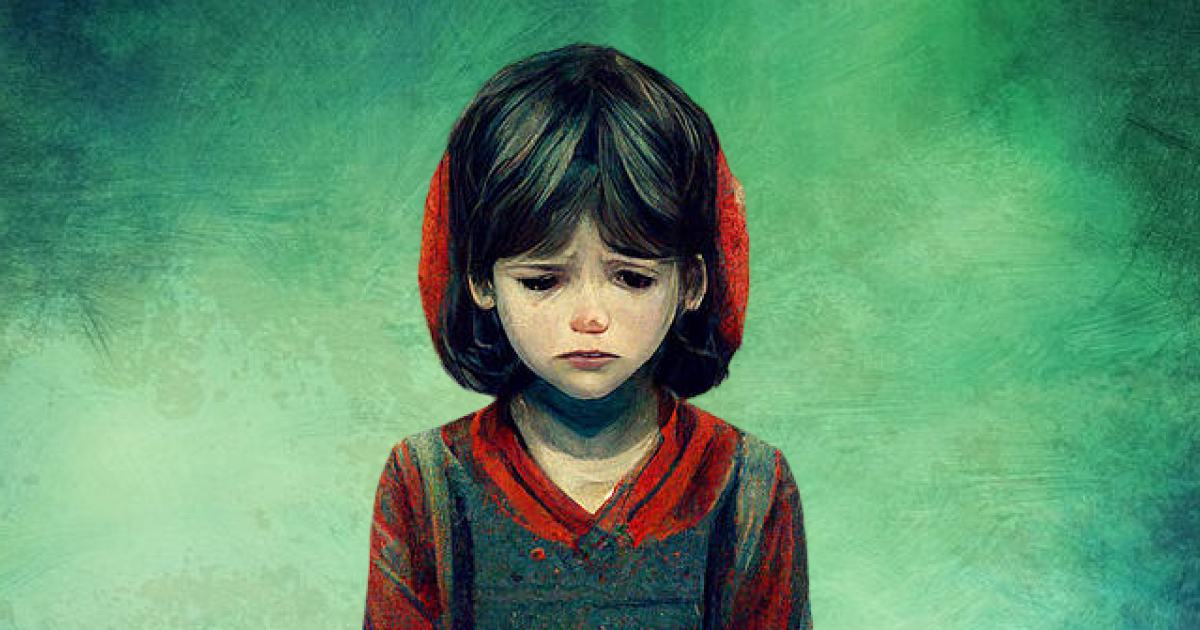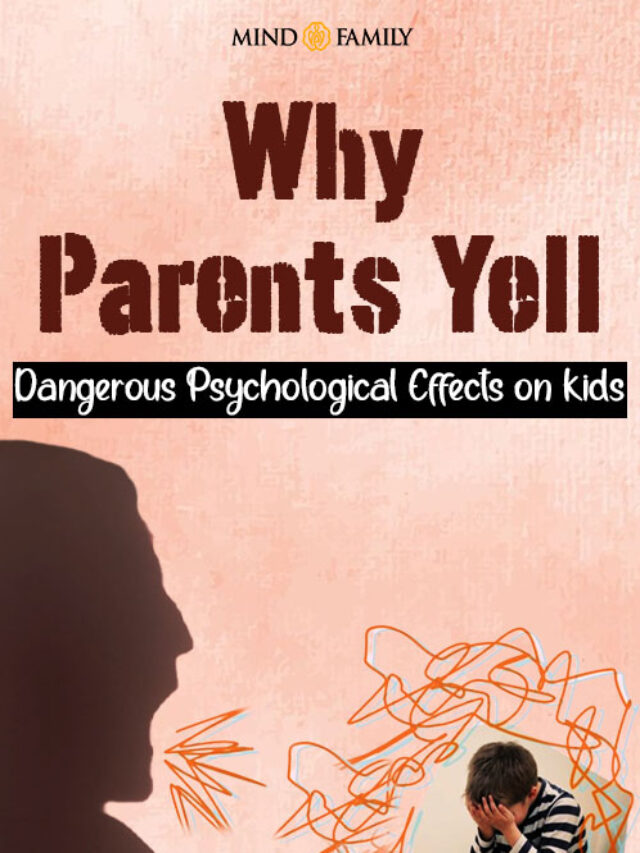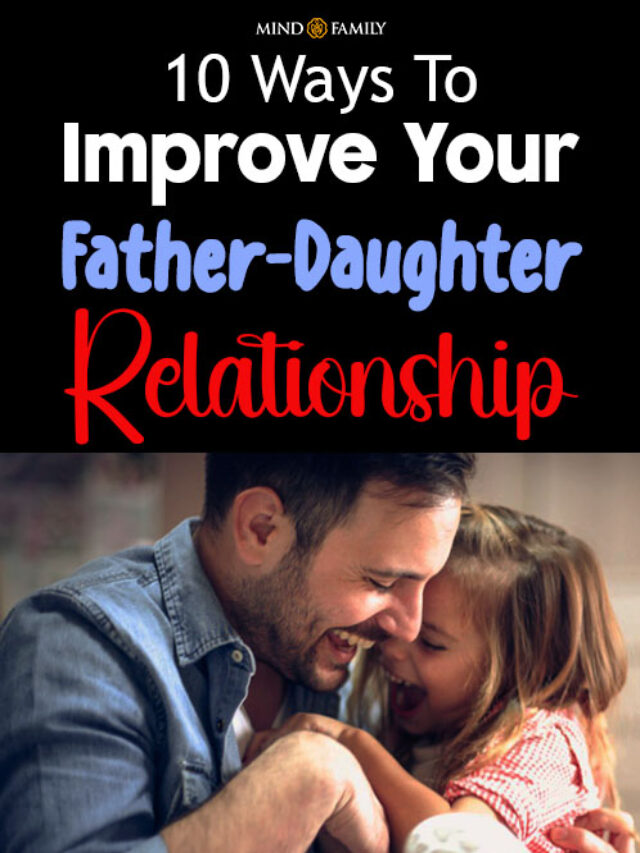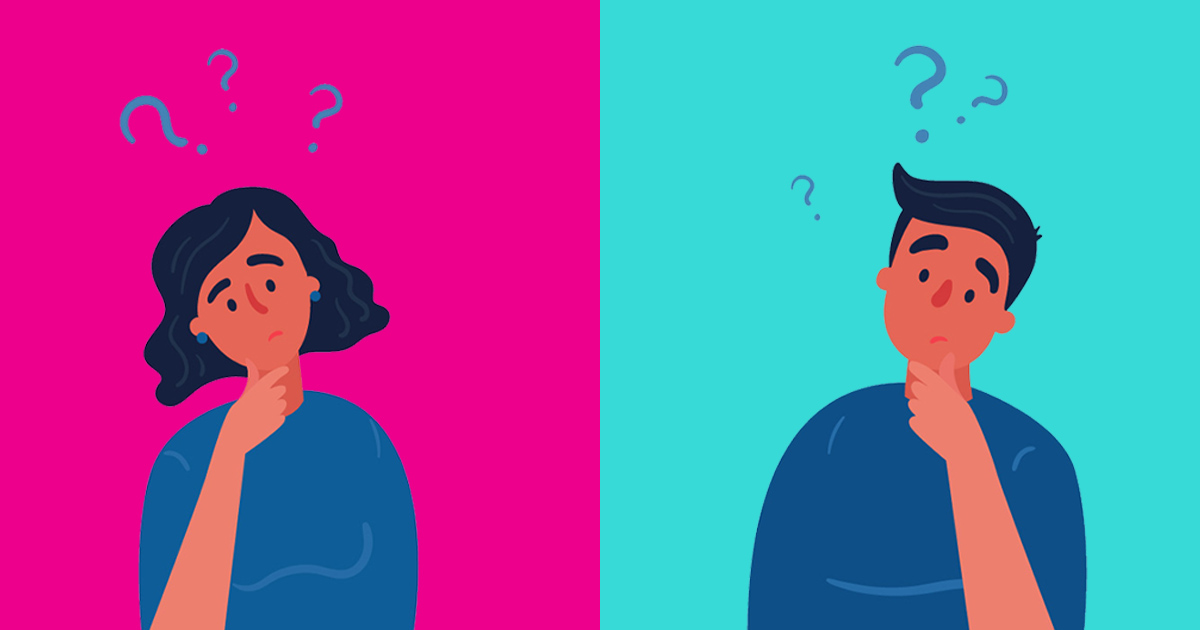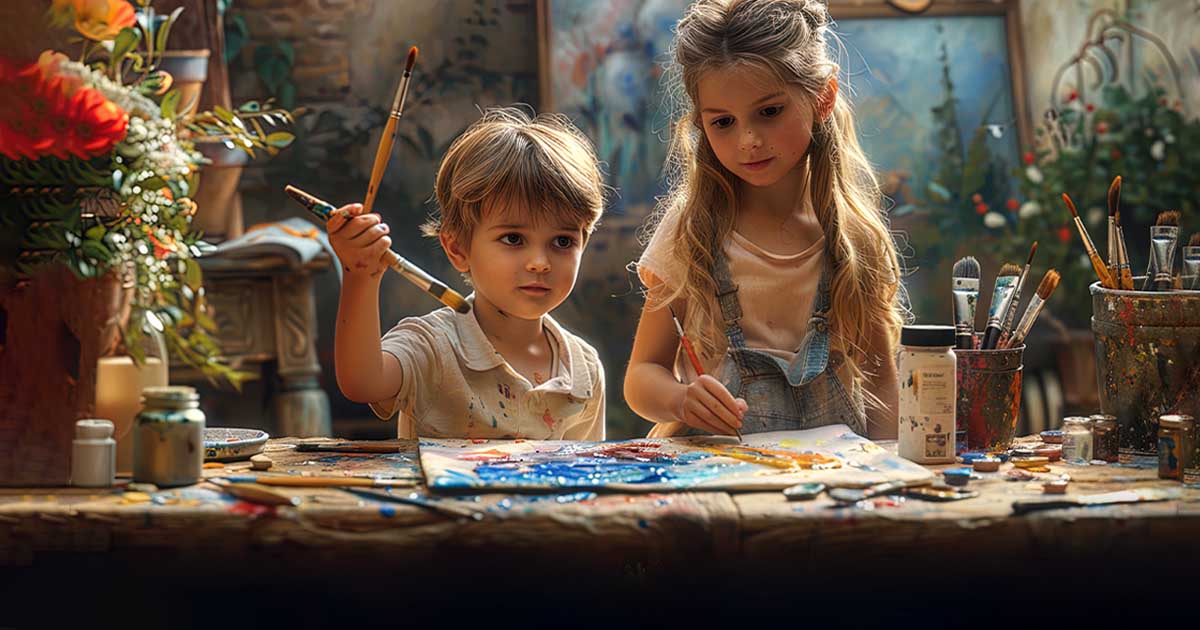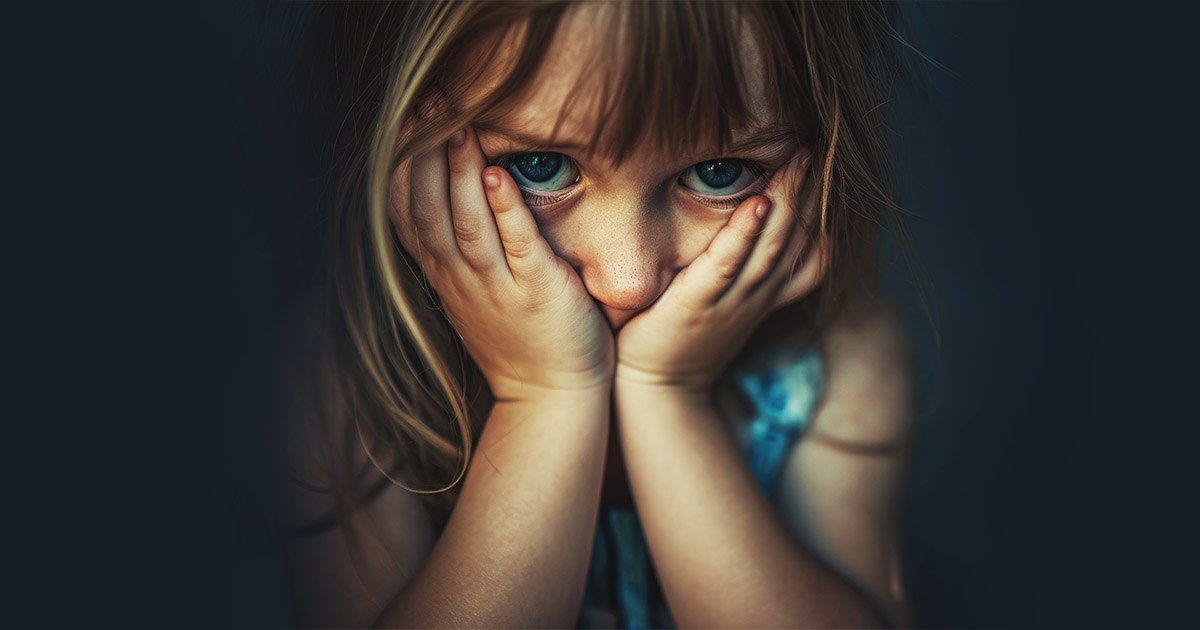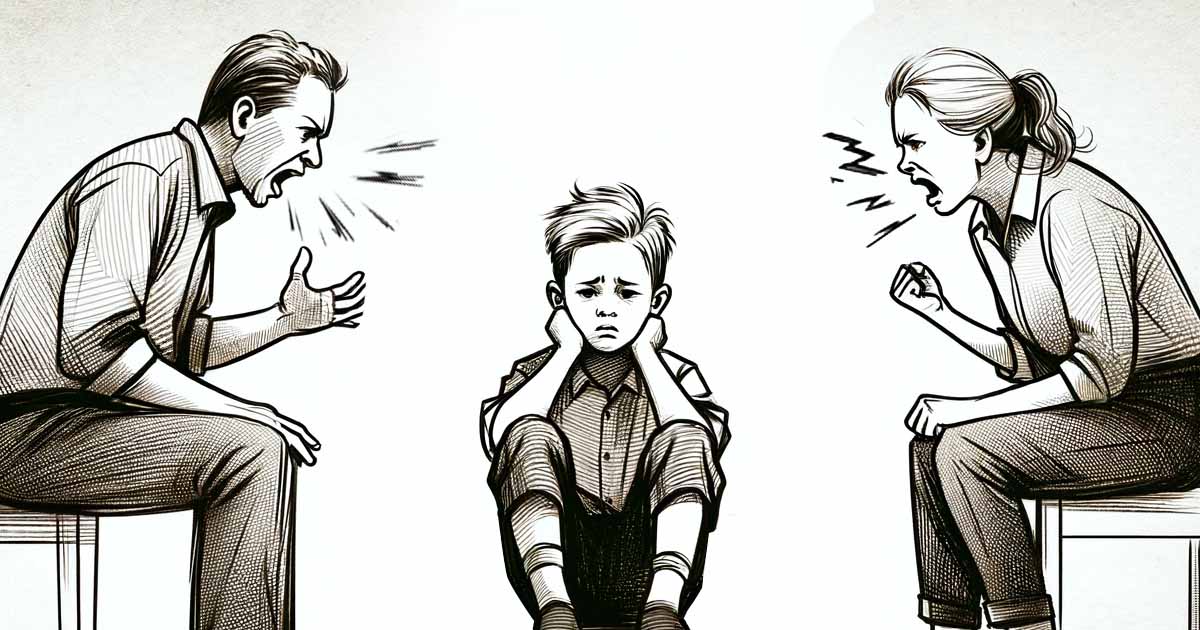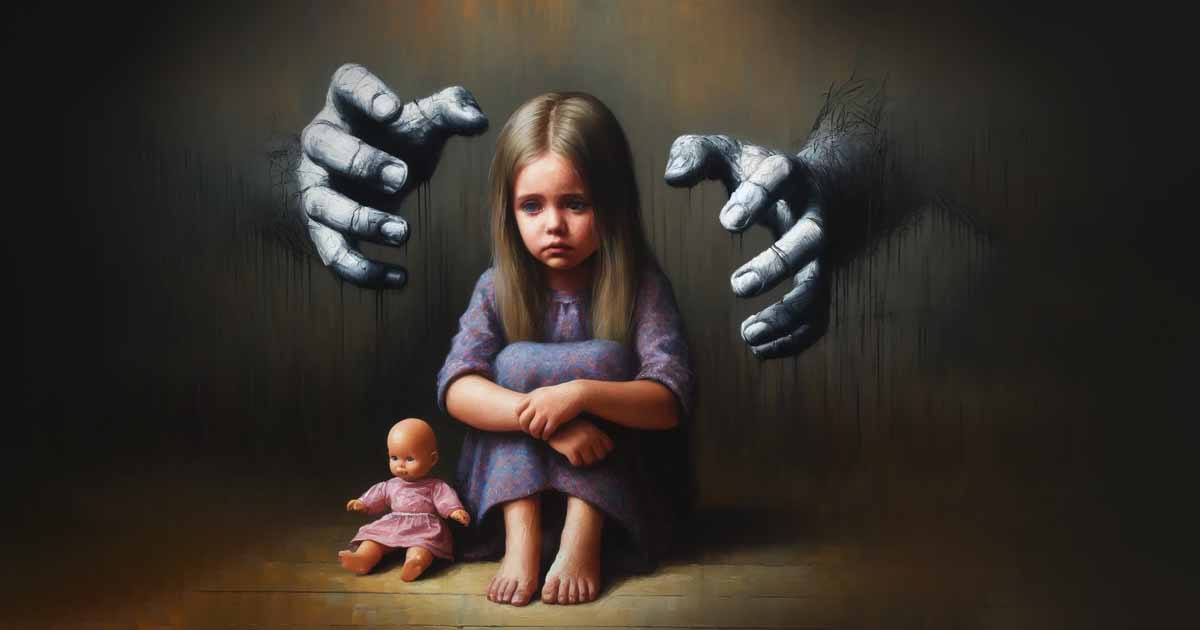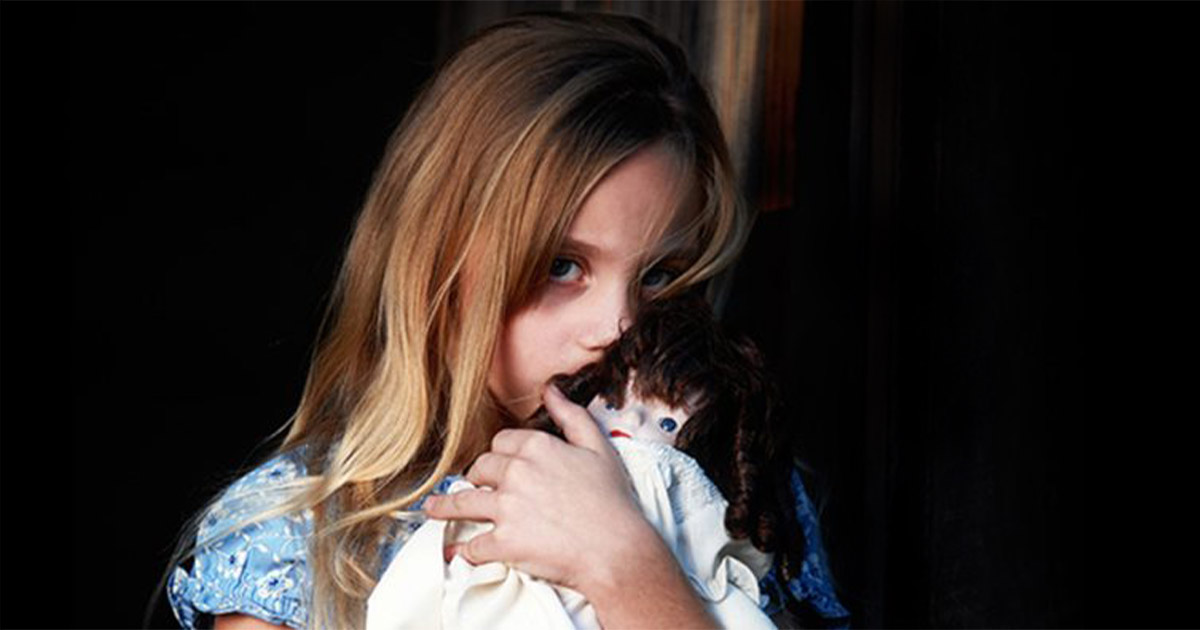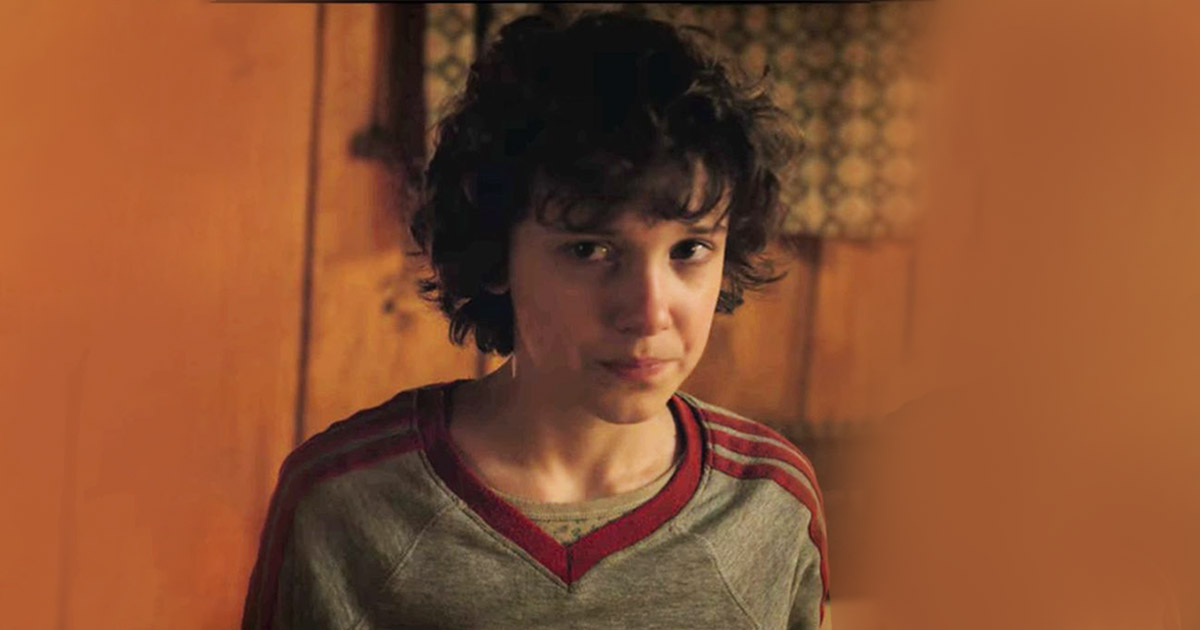The occurrence of childhood trauma is more common than you think. According to 2023 US Government reports, more than two-thirds of kids before the age of 16 have reported cases of what is childhood trauma.
In the following article, we will explore the impacts of childhood trauma, symptoms of childhood trauma as well as the treatment of childhood trauma. Through this guide, you will be able to move on from your hurting traumas from your past.
What Is Childhood Trauma
Childhood trauma is a tough subject that many of us might have experienced or encountered in some way. It could be something like a difficult family situation, a scary event, or even witnessing something disturbing.
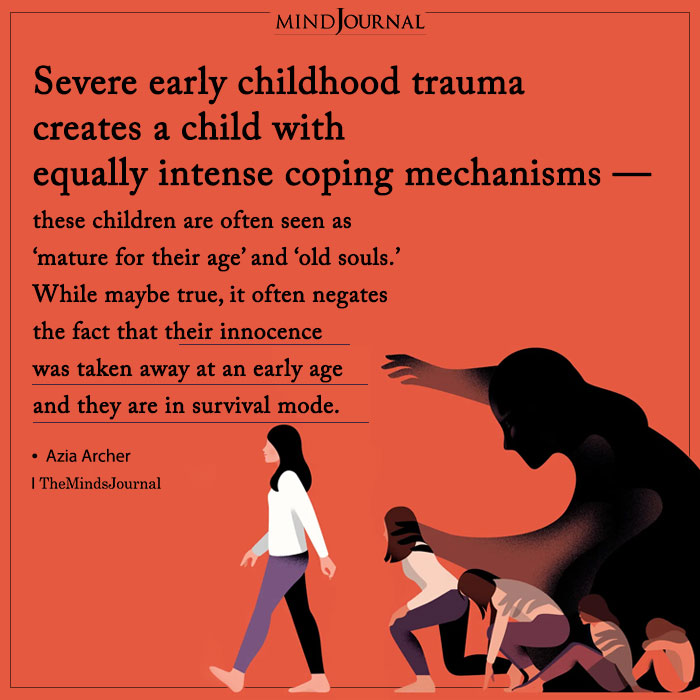
These experiences can vary widely and might include instances of physical, emotional, or sexual abuse, neglect, or exposure to violence or traumatic events. Additionally, circumstances like natural disasters, accidents, or the loss of a loved one can also contribute to childhood trauma.
According to studies, these events can leave profound emotional scars and have a lasting impact on a child’s overall well-being, influencing their emotional development, behavior, and ability to form healthy relationships later in life.
Understanding what is childhood trauma and the symptoms of childhood trauma, you will be better suited to develop a treatment for childhood trauma.
Read More: What Are Family Dynamics? 5 Causes, Roles And Its Importance
Identifying the symptoms will further allow you to understand how to heal from childhood trauma on your own.
Symptoms Of Childhood Trauma
If you have experienced what is childhood trauma, it’s crucial to recognize its potential lasting impact on your adult life. While the impacts of childhood trauma can vary from person to person, there are common symptoms of childhood trauma affecting your present well-being.
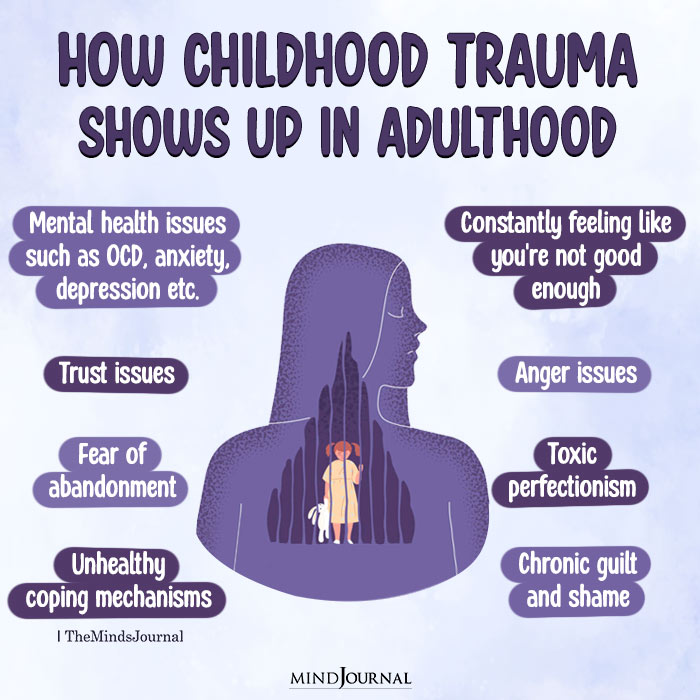
Understanding these symptoms of childhood trauma can be the first step toward seeking support and understanding how to heal from childhood trauma on your own.
Here are some key indicators of what is childhood trauma:
1. Post-traumatic stress disorder (PTSD)
Recurrent nightmares, flashbacks, avoidance behaviors, heightened anxiety, depression, anger, trust issues, self-destructive tendencies, and withdrawal may signal the presence of unresolved childhood trauma.
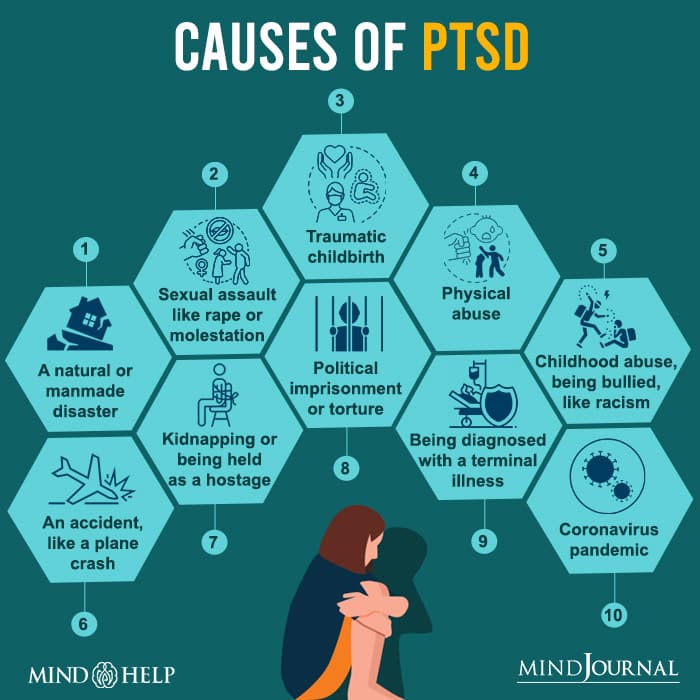
While not everyone who experiences trauma develops PTSD, these symptoms warrant attention.
Read More: Post Traumatic Stress Disorder In Children: 7 Signs, Causes
2. Attachment and relationship challenges
Difficulty forming trusting relationships or repeatedly engaging in unhealthy relationships might come from early traumatic experiences, especially if the trauma involved a caregiver or loved one. If you find it hard to build and maintain healthy connections, it could be linked to unresolved childhood trauma.
3. Emotional regulation difficulties
Struggling to manage emotions effectively, such as experiencing uncontrollable anger, anxiety, depression, or an inability to express emotions, can be a manifestation of childhood trauma. Learning to recognize and regulate these emotions is essential for you to learn how to heal from childhood trauma on your own.
4. Physical health implications
Studies have shown that childhood trauma can have long-term physical health consequences, potentially leading to conditions like diabetes, coronary artery disease, asthma, and even an increased risk of suicide attempts later in life.

Recognizing these symptoms of childhood trauma and acknowledging their potential link to mental illness is an essential first step toward healing.
Remember, you do not have to learn how to heal from childhood trauma on your own. Seeking professional support and guidance can help in understand and address the effects of childhood trauma, enabling you to lead a healthier and more fulfilling life.
Impacts of Childhood Trauma
The impacts of childhood trauma can be far-reaching, affecting various aspects of a person’s life, including physical health, mental well-being, relationships, and even behavioral tendencies. Understanding these impacts of childhood trauma is crucial in developing personal strategies for how to heal from childhood trauma on your own.
Here’s a closer look at how childhood trauma can influence individuals throughout their lives:
1. Physical Health Impacts
Childhood trauma can disrupt physical development, leading to compromised immune and central nervous systems. Studies have linked childhood trauma to an increased risk of chronic diseases later in life, including conditions like asthma, coronary heart disease, diabetes, and stroke.
2. Mental Health Impacts

Traumatic experiences during childhood can significantly impact mental health, leading to various psychological issues such as anger control problems, depression, emotional distress, high stress levels, post-traumatic stress disorder (PTSD).
Complex traumas may result in dissociation, a mental separation from one’s experiences.
Read More: Why Is Mental Health Awareness Important? 10 Tips To Promote
3. Relationship Impacts
Trauma can significantly affect a child’s ability to form and maintain healthy relationships. It can create difficulties in trust and reliance, leading individuals to perceive the world as unsafe.
Such experiences can manifest in challenges with intimacy, communication, and emotional vulnerability, affecting both familial and romantic relationships throughout adulthood.
Read More: What Is Helicopter Parenting? 8 Effects It Has On Adults
4. Other Impacts
Beyond physical health, mental well-being, and relationships, childhood trauma can also lead to behavioral challenges, including heightened reactions, engagement in risky behaviors, impaired impulse control, and struggles with self-esteem and problem-solving.
Furthermore, research has linked bad childhood experiences to an increased chance of later-life criminal activity.
Recognizing these potential impacts is essential in providing appropriate support and interventions for individuals who have experienced childhood trauma.
Treatment For Childhood Trauma
Several treatment approaches have shown promise in helping individuals recover from childhood trauma, each tailored to specific age groups and circumstances. These therapies offer safe and supportive environments that foster healing and resilience.
Some common therapeutic approaches for adolescents, teens, and adults are as follows:
1. Cognitive Processing Therapy (CPT)
Adults benefit from CPT which is a sub type of cognitive behavioral therapy. It involves education about PTSD, processing traumatic events, and developing skills to address unhelpful thoughts related to trauma over 12 sessions.
Read More: Cognitive Behavioral Therapy (CBT): 11 Benefits, Types, Uses
2. Trauma-Focused Cognitive Behavioral Therapy (TF-CBT)
This evidence-based program integrates trauma-sensitive therapies, cognitive behavioral strategies, and family support. It is effective for children, teens, and adolescents and typically involves 12 to 15 sessions.
3. Eye Movement Desensitization and Reprocessing (EMDR)
EMDR employs repetitive eye movements to re-pattern trauma-related memories. Its eight-phase procedure, which includes history, preparation, assessment, treatment, and evaluation, is successful in treating unprocessed memories associated to traumatic life experiences and trauma.
4. Narrative Exposure Therapy (NET)
NET is beneficial for those who have experienced several traumatic incidents because it embeds trauma exposure in an autobiographical context known as a timeline.
5. Prolonged Exposure Therapy (PE)
Over three months, Prolonged Exposure Therapy which is a sub type of cognitive behavioral therapy, assists individuals in confronting trauma-related memories, fears, sensations, and events.
Specialized therapies for children are developed to meet their developmental levels and abilities to engage, such as:
1. Play Therapy
Using the therapeutic power of play, this therapy helps children aged 3 to 12 work through trauma by observing their behavior during play and developing coping strategies.
2. Art Therapy
Using creative expression through drawing, painting, or sculpture, art therapy provides an outlet for children to address and heal the effects of traumatic events, fostering self-esteem, self-awareness, and emotional resilience.
These diverse therapeutic approaches provide essential tools and support for individuals of all ages. These treatment strategies will help you navigate the healing process and build a foundation for a healthier and more fulfilling life.
Read More: Art Therapy: 5 Mental Health Benefits And Tips To Practice
How To Heal From Childhood Trauma On Your Own
Healing from childhood trauma is a complex journey, and while seeking professional support is often recommended, there are some steps you can take on your own to aid in the healing process.
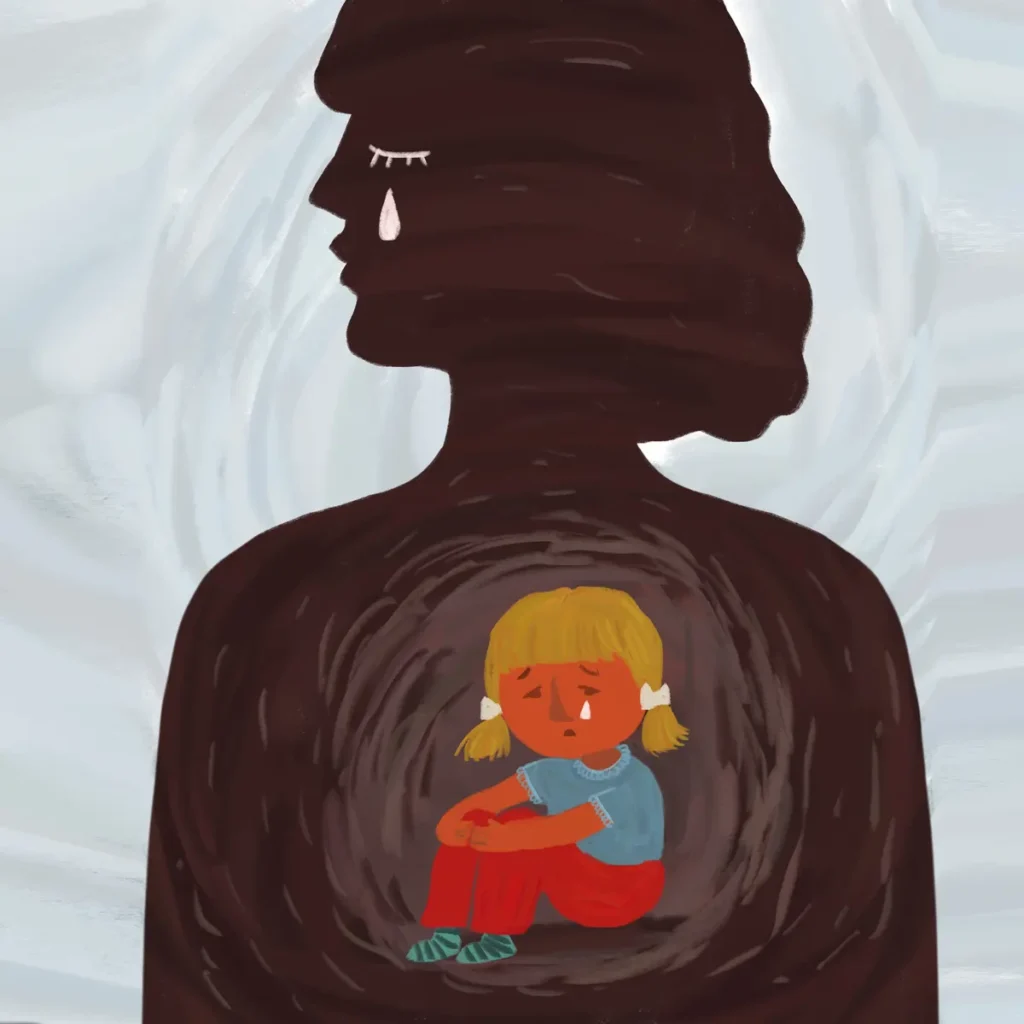
Here are some self-help strategies that can assist you in coping with and recovering from childhood trauma:
1. Self-Education
Learn more about childhood trauma and its effects. Understanding your experiences and how they might have shaped your thoughts and behaviors can be the first step in healing.
2. Building a Support System
Surround yourself with individuals who are understanding and supportive. Sharing your feelings with trusted friends or family members can provide emotional relief and comfort.
3. Setting Realistic Goals
Establish small, achievable goals for yourself. Celebrate each milestone as you make progress in your healing journey.
4. Positive Affirmations
Practice affirmations to cultivate a more positive mindset and reinforce self-compassion. Affirmations allow you to counteract poor ideals and self-doubt.
While self-help strategies can be valuable, it’s essential to recognize when you might need additional support.
If you find that your attempts to heal on your own are not yielding the desired results, consider reaching out to a mental health professional for guidance and assistance.
Read More: What Is Psychotherapy: Techniques, Types And Benefits
A Word From Mind Family
Childhood trauma, with its far-reaching impacts, can cast a shadow over our lives if left unaddressed. From its adverse effects on physical and mental health to its influence on relationships and behaviors, the repercussions of early traumatic experiences can be profound.
However, it is essential to remember that healing is possible, and it is never too late to embark on the path to recovery.
Remember, healing takes time, but with the right tools and support, you can overcome the lingering effects of childhood trauma and create a life filled with joy, resilience, and hope. Your journey to healing starts now.
Frequently Asked Questions (FAQs)
1. What is childhood trauma?
Childhood trauma refers to distressing experiences during childhood, including physical, emotional, or sexual abuse, neglect, exposure to violence, or other traumatic events that can have a lasting impact on a child’s well-being.
2. What are the symptoms of childhood trauma?
The symptoms of childhood trauma can manifest as post-traumatic stress disorder (PTSD), difficulties in forming healthy relationships, emotional regulation challenges, and potential physical health implications like chronic diseases and increased risk of self-harm.
3. What are the impacts of childhood trauma?
Childhood trauma can have far-reaching impacts, affecting physical health, mental well-being, relationships, and behavioral tendencies. It can lead to challenges in forming healthy relationships, emotional difficulties, and an increased risk of engaging in criminal activities later in life.
4. What are the treatment for childhood trauma?
Therapies including eye movement desensitization and reprocessing (EMDR), cognitive processing therapy (CPT), trauma-focused cognitive behavioral therapy (TF-CBT), narrative exposure therapy (NET), and extended exposure treatment (PE) are among the alternatives for treating childhood trauma. Children can also benefit from art therapy and play therapy.
5. How to heal from childhood trauma on your own?
Healing from childhood trauma on your own can involve self-education about trauma, building a support system, setting realistic goals, practicing positive affirmations, and engaging in mindfulness and relaxation techniques.
